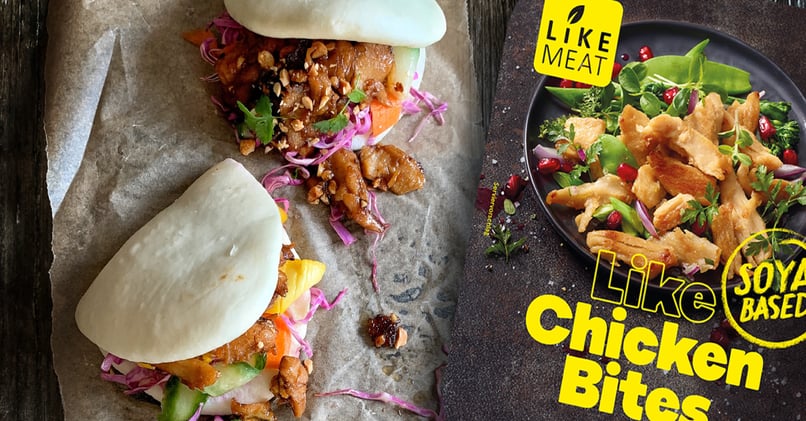
Over the past decade, particularly since the pandemic, consumers have become more health conscious in what they eat. In 2019, vegan meat sales grew 265 percent in an 8 week period. In a survey tracking shopping habits of over 450,000 shoppers, 80 percent indicated that they intend to replace some or all meat with plant-based substitutes. From dairy to meat alternatives, brands have been racing to develop vegan and plant-based food products in response to the growing demand.
At the same time, the food and beverage industry has been shifting online at a record pace. MikMak Insights saw Instacart conversions skyrocket 1900% in 2020 alone. However, relative to the staple products found in physical aisles, vegan and plant-based foods are newcomers. In eCommerce, these brands face unique challenges as consumers take risks trying a new product in a setting where they tend to be risk-averse.Here’s what vegan and plant-based brands need to know if they are looking into eCommerce:
Give consumers the information they need
When Kroger placed a full selection of plant-based meat next to regular meat, they saw up to 32 percent more plant-based meat purchases than control stores. In addition to product placement, signage plays a key role in vegan product sales: retailers with higher plant product sales had visible signage indicating vegan or vegetarian products. Nielsen actually confirms that merchandising with strategic product placement and transparent signage account for 25 percent of the decision-making process when it comes to plant-based purchases.
While this study took place in a physical storefront, it is clear that when buying innovative products, consumers need to know upfront the frame of reference and the differentiating factor. In this case, consumers needed to know that the product is a substitute for meat while knowing it is different because it is vegan. In eCommerce, brands have 1.5 seconds to capture consumer attention. This is a short time to make a compelling pitch for your product, so it’s important to put these pieces of information upfront.
Invest in and leverage your brand
Private label brands and brand names that offer plant-based products saw a sales growth of 3.7 percent to $143 billion last year. This is because there is a group of consumers that are willing to try new things from a brand they already trust. In fact, 60 percent of consumers’ reasoning for purchase hinges on familiar branding. Nielsen revealed retailer private labels are a key growth area with the potential to attract mainstream consumers to plant-based products.
Grocery shoppers in general tend to be more risk-averse when buying online, opting to purchase items they already know and often in bulk. For brands that have high consumer awareness, loyalty, and trust, having your logo in a visible location and using recognizable images, colors, or even sounds in your digital content can lend your new product reassurance to consumers who are taking a chance and trying something new.
Learn more about how consumers buy at the retailer cart
While health consciousness and plant-based alternatives are increasingly becoming mainstream, brands and retailers alike are still learning about consumer preference when these new products hit the shelf. One of the main areas to learn more is at the retailer cart and in product adjacencies.
For many consumers, exploratory purchases to try out new products tend to be as add-ons to their grocery carts in physical stores, less so the reason why they went to the store in the first place. Similarly in eCommerce, for new products, many times you may run awareness campaigns to familiarize shoppers with your product, but many purchases may be indirectly driven. A portion of your sales will inevitably occur as add-ons at the retailer site by consumers who landed there to purchase something else, but recalled your product before checking out and decided to give it a try. Learning what is in the cart your product is being added to will inform your brand what adjacent products you are associated with, and where future purchases may occur again.
Getting even more granular about eCommerce
As innovative categories such as vegan and plant-based foods rapidly evolve, it’s important to establish strong commerce foundations sooner than later. That way you can capture valuable consumer preference data as behaviors form. Once you have that information, you can then also look into:
- The best media mix to reach your consumers where they are
- Demand breakdown by geolocation for omnichannel strategies
- How to quickly build brand loyalty with your consumers at the fulfillment stage
MikMak is already working with leading grocery brands to optimize their marketing and eCommerce strategies. Let us do the same for you! Schedule a demo here.


